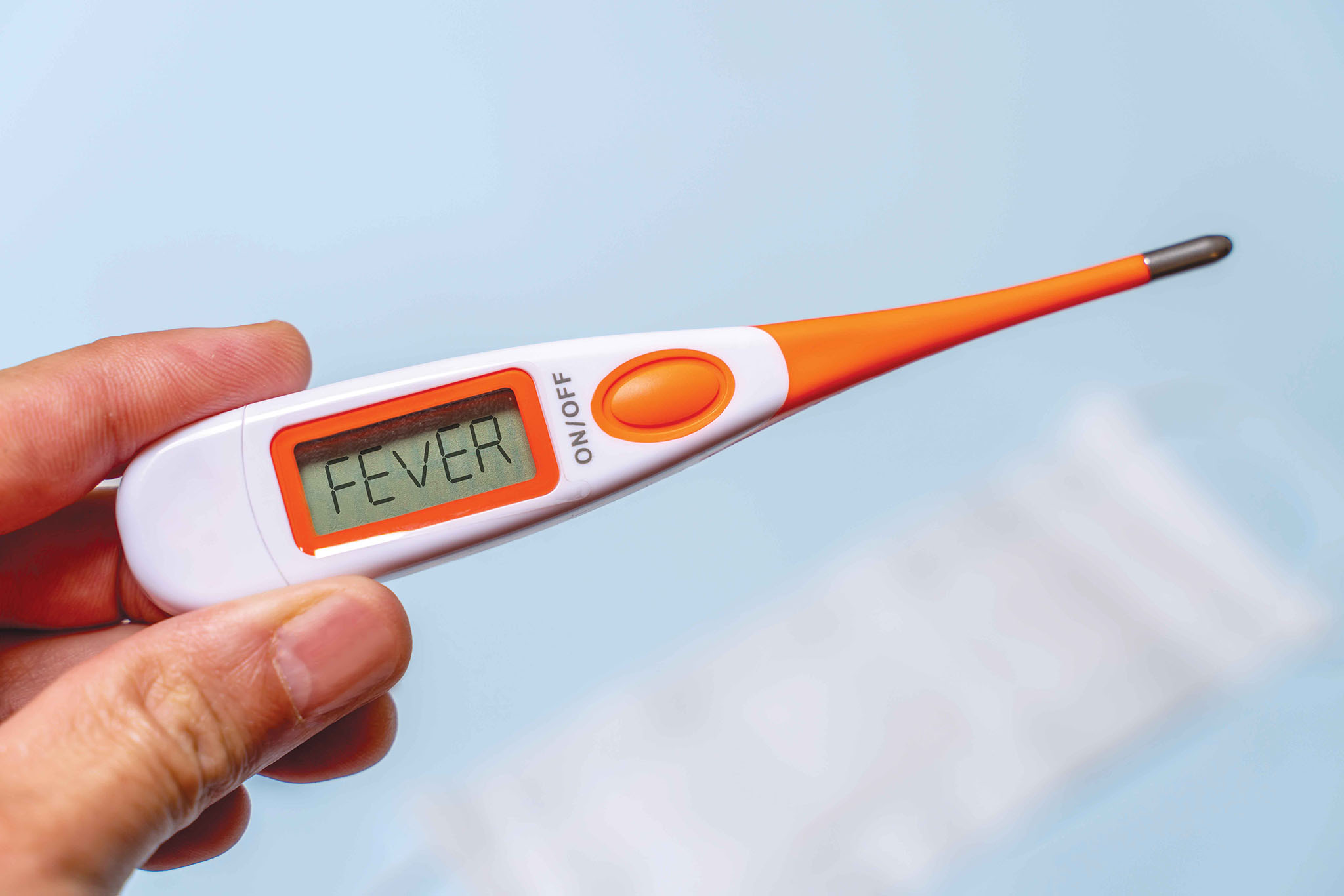Dengue Fever and Malaria
Overview: The thyroid is a small, butterfly-shaped gland located in the front of the neck. It plays a crucial role in regulating metabolism and influencing various bodily functions. Disorders of the thyroid gland can lead to hormonal imbalances and impact overall health.
: A Brief Overview
Dengue Fever:
Overview: Dengue fever is a mosquito-borne viral infection caused by the dengue virus, which is transmitted primarily by the Aedes aegypti mosquito. It is prevalent in tropical and subtropical regions, and the incidence has been increasing globally.
Symptoms:
- High Fever:
- Sudden onset of a high fever, often reaching 104°F (40°C).
- Severe Headache:
- Intense headaches, typically located behind the eyes.
- Pain Behind the Eyes:
- Pain or discomfort when moving the eyes.
- Joint and Muscle Pain:
- Severe joint and muscle pain, earning dengue the nickname "breakbone fever."
- Skin Rash:
- Rash that may appear a few days after the onset of fever.
- Mild Bleeding:
- Mild bleeding manifestations, such as nosebleeds or gum bleeding.
- Low Platelet Count:
- Decreased platelet count, which can lead to bleeding complications.
Complications: Severe cases of dengue fever can progress to dengue hemorrhagic fever or dengue shock syndrome, which are characterized by severe bleeding, organ failure, and a drop in blood pressure. These complications can be life-threatening and require prompt medical attention.
Prevention: Preventive measures for dengue include mosquito control, using mosquito nets, and wearing protective clothing. There is no specific antiviral treatment for dengue, and supportive care focuses on managing symptoms and preventing complications.
Malaria:
Overview: Malaria is a parasitic infection caused by the Plasmodium parasite, transmitted through the bite of infected Anopheles mosquitoes. Malaria is prevalent in many tropical and subtropical regions, particularly in Africa, Southeast Asia, and South America.
Symptoms:
- Fever:
- Recurrent episodes of fever, often with a cyclical pattern.
- Chills and Sweats:
- Profuse sweating and chills accompanying fever episodes.
- Headache:
- Persistent headaches are common.
- Fatigue:
- Generalized weakness and fatigue.
- Muscle and Joint Pain:
- Aching muscles and joints.
- Nausea and Vomiting:
- Nausea and vomiting may occur.
- Anemia:
- Malaria can lead to anemia, especially in repeated infections.
Complications: Severe malaria can result in complications such as cerebral malaria (affecting the brain), severe anemia, and organ failure. Pregnant women and young children are particularly vulnerable to severe forms of the disease

